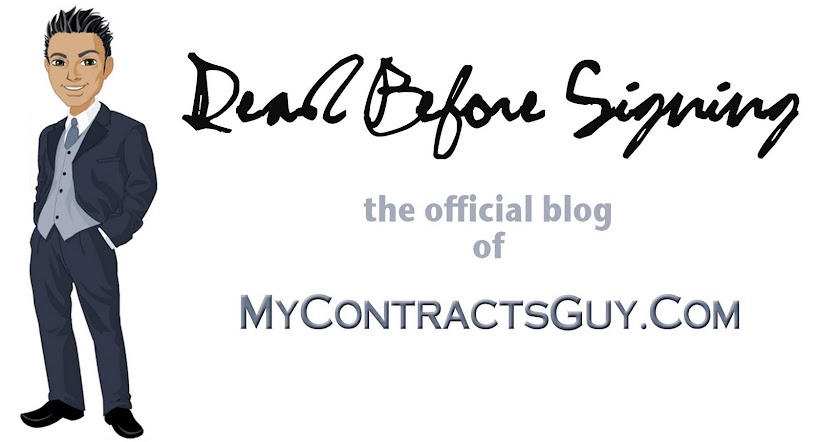 There are a lot of good reasons to call attorney with a question, but the one that goes the most underused is simple vetting of someone's assertion that something is "the law". We can scarcely go through a day without being told this by someone either in defense of something they're doing, or something they're not. The problem is, this talismanic phrase usually has the desired effect on you, causing you to give validity to whatever is being asserted, because, hey, you don't know the relevant law well enough (if at all) to argue with what's being said and you don't want to look like an idiot for disagreeing.
There are a lot of good reasons to call attorney with a question, but the one that goes the most underused is simple vetting of someone's assertion that something is "the law". We can scarcely go through a day without being told this by someone either in defense of something they're doing, or something they're not. The problem is, this talismanic phrase usually has the desired effect on you, causing you to give validity to whatever is being asserted, because, hey, you don't know the relevant law well enough (if at all) to argue with what's being said and you don't want to look like an idiot for disagreeing.But, now more than ever, you can call this bluff in one of two ways:
1. Look it up on your own. There are countless free legal resources on the web. For black-letter law (which is the actual statutes, codes, regulations themselves), most jurisdictions have fully searchable versions of the relevant law online either at their own sites or available at a third party site - and in both cases for free. For example, the California Business and Professions Code or the California Penal Code at Justia.com. The best place to search for this type of law is the best place to search for anything else: Google. The problem with this method is that it's a lot harder if you don't know what you're looking for. A good place to start is to ask the "legal expert" who confronted you. Sometimes nothing defuses them faster than asking for a citation to the law they're talking about. But, either way, this method requires you have a pretty good starting point.
2. Ask a lawyer. Well, of course I'll recommend this. After all, I'm a lawyer. But, there are a large number of places online to get your legal questions answered either for free or for a small fee. For example, Law Guru or FreeAdvice.com. These sites require you to post your question then wait - but provided you have a little time to spare before you need your answer, it's hard to beat the price. Additionally, this can be a great way to find a lawyer you might want to hire later on. If you need an answer quickly, your best bet is to directly ask a lawyer. Provided your answer is a simple one, most lawyers won't even charge you. Best to start with a lawyer you know, who if they don't know the answer, probably know someone who does - and have a good reason to help you for free. Either way, you'll have a real answer from a real lawyer, and it's hard to beat that when confronting your armchair attorney with their own misconceptions about the law.
In the end, no matter how accessible the law has become, the vast majority of people who want to tell you what the law is have gotten their information from rumor, innuendo or unverified commentary. Just like you don't let your waiter tell you what's wrong with your, or ask your pharmacist for stock tips - don't take legal advice from anyone whose only contact with the law is watching Law & Order.










0 comments:
Post a Comment